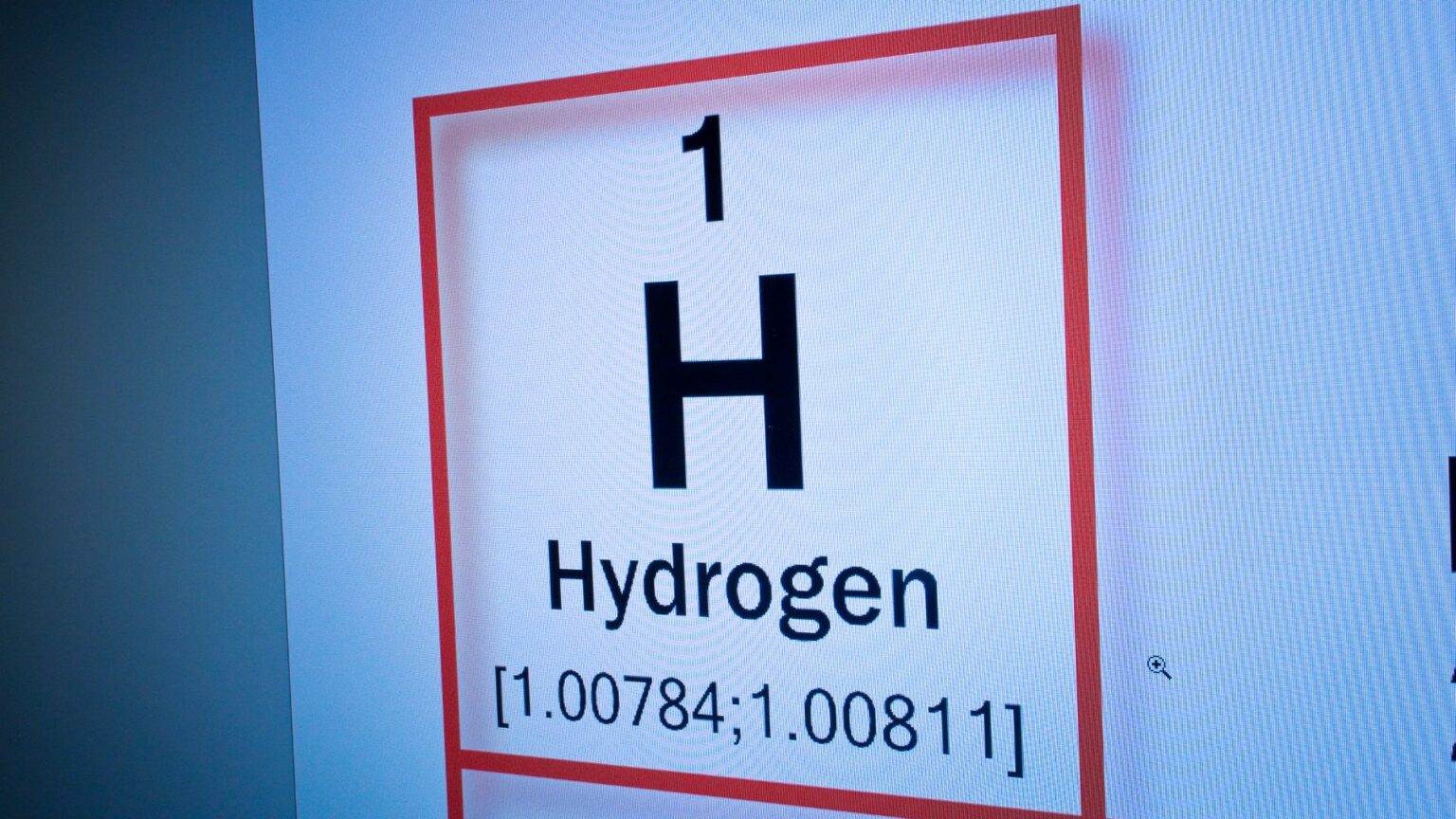The German Ministry of Energy issued a significant tender titled “Engineering Works and Construction Works—H2 SOLLAB ” on September 9, 2024. This tender represents a crucial step for the hydrogen industry, and the submission deadline is December 31, 2024.
The H2 SOLLAB project marks an essential initiative to advance hydrogen infrastructure and technology in Germany, supporting the country’s broader goals for renewable energy and climate neutrality.
Tender Objectives
The primary objective of the H2 SOLLAB tender is to solicit proposals for developing and constructing a state-of-the-art hydrogen research and testing facility. This facility will facilitate advanced hydrogen production, storage, and utilization research. The project aims to bolster technological advancements in the hydrogen sector, ultimately contributing to Germany’s ambition to become a leading global player in hydrogen technology.
Requirements
The tender requires bidders to demonstrate extensive experience in engineering and construction, particularly within the renewable energy sector. Proposals must include detailed plans for the design, construction, and operational phases of the H2 SOLLAB facility. Additionally, the tender emphasizes the importance of innovative solutions that enhance efficiency and sustainability in hydrogen production and consumption.
Significance to the Hydrogen Industry
The H2 SOLLAB project will significantly impact the hydrogen industry by providing a dedicated space for cutting-edge research and development. By fostering innovation, the facility will help accelerate the commercialization of hydrogen technologies, making them more viable and cost-effective. This is particularly important as hydrogen is key to achieving a low-carbon energy system.
Technical Requirements
The tender outlines several technical requirements that proposals must meet. These include:
- Safety Standards: Proposals must adhere to stringent safety protocols to handle and store hydrogen safely, minimizing risks of leaks and explosions.
- Technology Integration: Bidders are encouraged to incorporate the latest technologies in hydrogen production, such as electrolysis, fuel cells, and advanced storage solutions.
- Sustainability Measures: Plans should include measures to minimize the environmental impact of the construction and operational phases. This might involve using sustainable materials and ensuring energy-efficient processes.
Submission and Evaluation
Interested parties must submit their proposals by December 31, 2024. Submissions will be evaluated based on several criteria, including technical feasibility, innovation, safety measures, and cost-effectiveness. The winning bid will be announced in early 2025, with construction expected to commence later that year.
